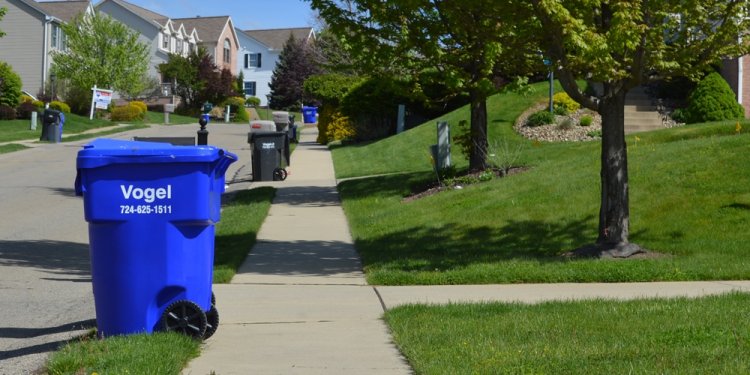
Simple Waste Disposal
A garbage disposal is a handy appliance, but far too many people use it as a catch-all depository for every bit of waste that enters the sink. In fact, there are lots of everyday scraps you should never send down the drain.
Knowing the difference between what can go down the disposal and what should go into the trash can save you an emergency call to the plumber. This is especially pertinent during the holidays when the kitchen is filled with people and the sink with dirty dishes. Practice these three everyday maintenance tips to help you maximize the lifespan of your garbage disposal.
1) Understand The Basics
Because it’s out of sight, it can be easy for some homeowners to forget they even have a garbage disposal — especially if it was installed by a previous owner. However, an unused unit can rust and seize up, which can lead to leaks and mechanical problems. Make a habit of running your disposal for a minute or so every couple of weeks, even if you don’t actually grind anything.
However, overuse can pose its own issues. During the holidays or other times when you’re having a marathon cooking session, it can be tempting to put lots of food down the drain, but that increases your chance of a clog. Use your disposal selectively, and if you anticipate loads of food waste, favor the trash can or the compost pile instead.
Also, always run cold water while your disposal is on, and never, ever treat it with chemical drain cleaners.
2) What Should Go in My Garbage Disposal?
Most small pieces of biodegradable food waste are ready for the disposal. Stick to foods that can be easily chopped, and avoid disposing of pieces that are larger than a golf ball.
Even fine bones, like fish or chicken bones, are fine for most disposals. They can even be helpful, as the bone pieces will help scour the walls and keep your disposal clean.
The best choice for cleaning your disposal? Simply toss a handful of ice cubes with some orange or lemon peel into your disposal To make your drain smell fresher .
3) What Should Not Go in My Garbage Disposal?
These foods should NOT be placed in your garbage disposal:
- Starchy foods like potatoes and bananas can turn into a paste that gums up the blades.
- Fibrous foods like asparagus, kale stems, and celery can wrap around the blades and bring them to a grinding halt.
- Absorbent foods like pasta and rice can expand in the drain pipe and contribute to clogs.
- Grease and fat can coat your disposal and pipes, creating foul odors and restricting water flow.
- Large bones, seeds, and pits can bend or break the blades.
4) How Do I Clear a Jam in My Garbage Disposal?
Even with proper care, there’s always a chance your disposal could get jammed up. Thankfully, your average garbage disposal comes with a small wrench you can used to turn the blades from the bottom of the unit manually. You’ll often find the wrench attached to the outside of the disposal itself.
Turn off power to the disposal before attempting to clear the jam. Use the wrench to turn the blades in both directions to loosen the obstruction. Try to run the disposal again. If you don’t hear the motor at all, it’s possible that your disposal’s overload protector has been tripped. If your disposal has this feature, it can be reset by pushing a button somewhere on the outside of the unit.













